
The Opposite Of Snowflake: Analytics Without The Data Warehouse
As we have pointed out before, large enterprises have to deal with a different kind of scale issue than the hyperscalers, and in many ways, the hyperscalers have it easier. …

As we have pointed out before, large enterprises have to deal with a different kind of scale issue than the hyperscalers, and in many ways, the hyperscalers have it easier. …
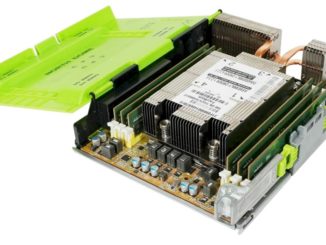
Sometimes, you do put new wine in old bottles. This is what it looks like Meta – well, really its Facebook social network group – is doing as it adds a microserver node based on a custom AMD “Milan” Epyc 7003 processor to its datacenter infrastructure. …
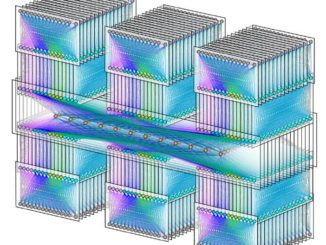
If you want to build the world’s largest social network, with 2.9 billion users, and the massive PHP stack that makes it into an application, you need a lot of infrastructure and you need it to arrive predictably. …

…Facebook has to keep digging into ever-lower levels of its architecture to make efficient use of endlessly growing training data.
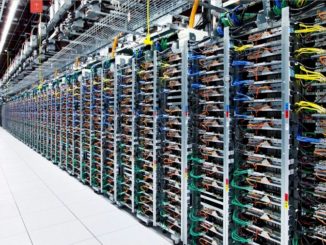
Components make compute and storage servers, and servers with application plane, control plane, and data plane software running atop them or alongside them make systems, and workflows across systems make platforms. …
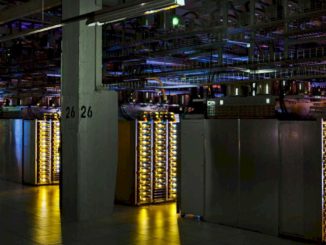
Silent but deadly: there is nothing more destructive than data corruptions that cannot be caught by the various error capture tools in hardware and even in software, can be hard to spot before they have infected an entire application. …

There are many different schools of thought when it comes to databases, which is one of the reasons that we launch our inaugural event focused solely on database technologies this year. …

Users of relational database management systems are accustomed to sub-second response for relatively simple online transaction processing, and have been able to enjoy those zippy responses for decades. …

Open source hardware is something that is intellectually satisfying as well as economically rewarding, but it is clearly not something for everyone. …
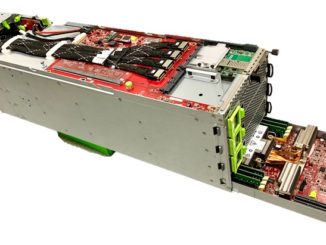
The hyperscalers and cloud builders have been setting the pace for innovation in the server arena for the past decade or so, particularly and publicly since Facebook set up the Open Compute Project in April 2011 and ramping up as Microsoft joined up in early 2014 and basically created a whole new server innovation stream that was unique from – and largely incompatible with – the designs put out by Facebook. …
All Content Copyright The Next Platform